Finance
Disney’s earliest Mickey Mouse from ‘Steamboat Willie’ enters public domain
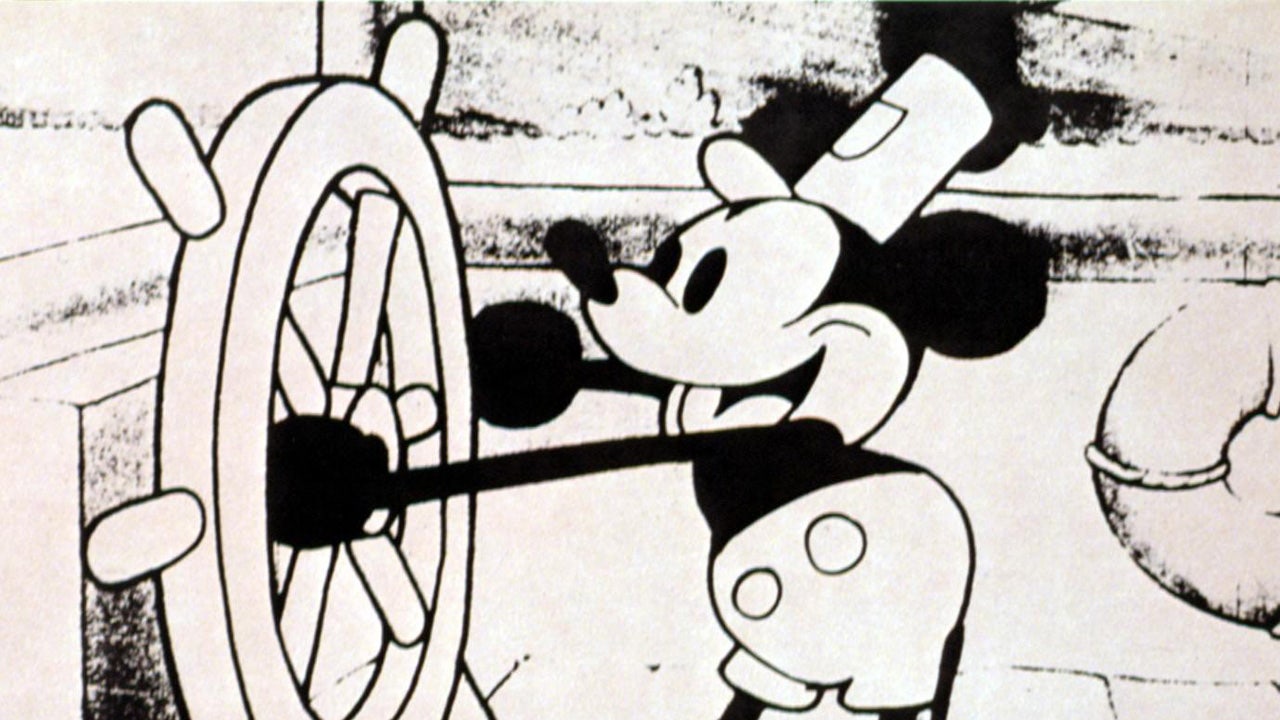
A Walt Disney movie featuring the first appearance of Mickey Mouse moved into the public domain on New Year’s Day.
The 1928 short film “Steamboat Willie” introduces audiences to a non-speaking Mickey and Minnie Mouse. The images are significant, as the animated rodents made a mark in pop culture with their debut and transformed Disney’s fortune. The characters went on to become one of the most recognizable cartoons in history.
“This is exciting because it’s kind of symbolic,” Jennifer Jenkins, a professor of law and director of Duke’s Center for the Study of Public Domain, told The Associated Press. She writes an annual column on Jan. 1 for “Public Domain Day.”
FIRST RIDE FEATURING MICKEY MOUSE DEBUTS AT DISNEY WORLD
But the Mickey seen in this animated short is not the cutesy character we know today. Mickey, who is seen piloting a steamboat, is more menacing and modeled partly on Charlie Chaplin. He makes musical instruments out of other animals.
The Mickey seen here also whistles the 1910 tune, “Steamboat Bill,” which inspired the title of the Buster Keaton film “Steamboat Bill Jr.,” which was released a few months before “Steamboat Willie.”
The copyright on Keaton’s film wasn’t renewed, and it’s been in the public domain since 1956. Keaton died in 1966 at age 70.
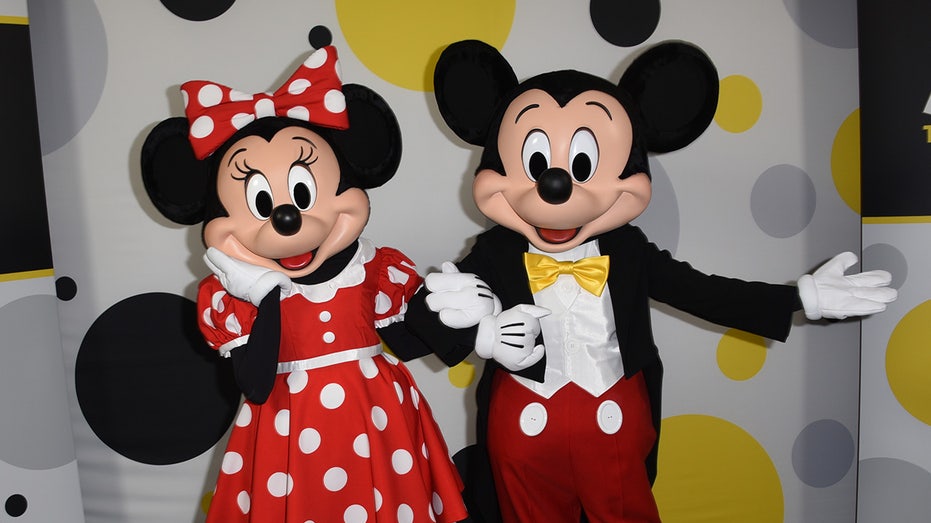
“Steamboat Willie,” directed by Disney and his partner Ub Iwerks, was the third cartoon featuring Mickey and Minnie the men made, but the first to be released.
The popularity of animated shorts featuring Mickey convinced Disney his studio could produce a feature film, which he began to do in 1934, History.com reported. According to the outlet, the project went 400% over budget and required over 300 animators, artists and assistants. But that film, “Snow White and the Seven Dwarfs,” was a smash hit when it premiered shortly before Christmas in 1937.
The outlet noted that since then, the Walt Disney Company has produced dozens of acclaimed films. Theme parks across the world began opening in 1955. And in the ‘90s and 2000s, dozens of companies were acquired.
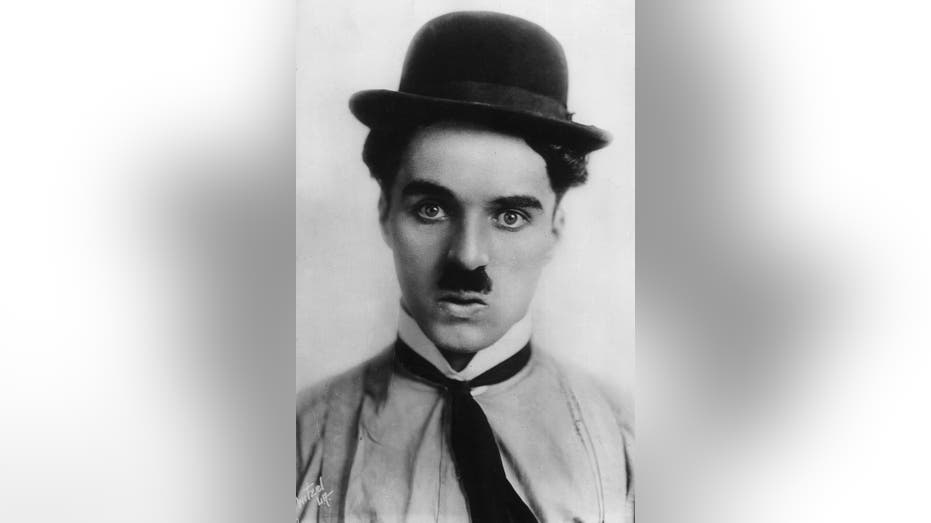
“Ever since Mickey Mouse’s first appearance in the 1928 short film ‘Steamboat Willie,’ people have associated the character with Disney’s stories, experiences, and authentic products,” a Disney spokesperson said in a statement to The Associated Press. “That will not change when the copyright in the ‘Steamboat Willie’ film expires.”
U.S. law allows a copyright to be held for 95 years after Congress expanded it several times during Mickey’s life, The Associated Press reported.
“It’s sometimes derisively referred to as the Mickey Mouse Protection Act,” Jenkins told the outlet. “That’s oversimplified because it wasn’t just Disney that was pushing for term extension. It was a whole group of copyright holders whose works were set to go into the public domain soon, who benefited greatly from the 20 years of extra protection.”
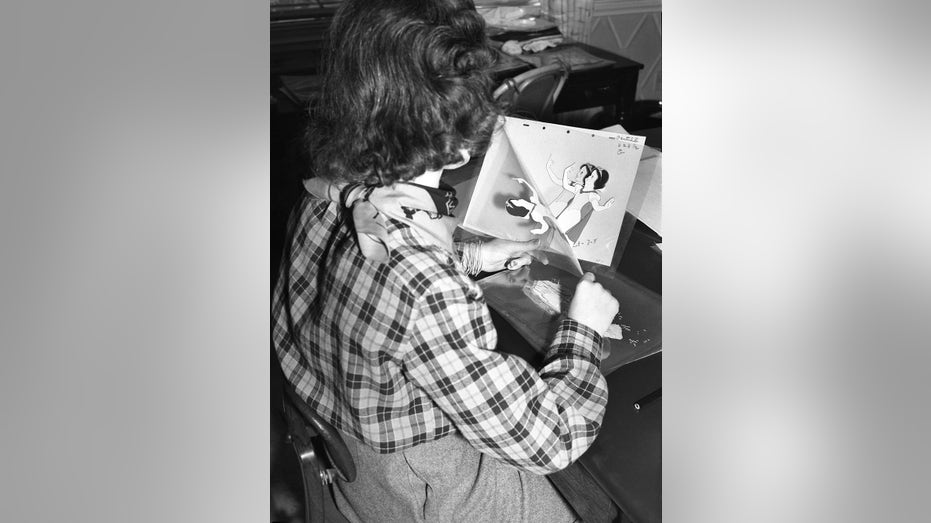
While artists and creators will be able to use Mickey, there are major limits. Disney stressed that it’s only the rat-like, non-speaking boat captain that has become public.
“More modern versions of Mickey will remain unaffected by the expiration of the Steamboat Willie copyright, and Mickey will continue to play a leading role as a global ambassador for the Walt Disney Company in our storytelling, theme park attractions, and merchandise,” Disney’s statement said.
“We will, of course, continue to protect our rights in the more modern versions of Mickey Mouse and other works that remain subject to copyright.”
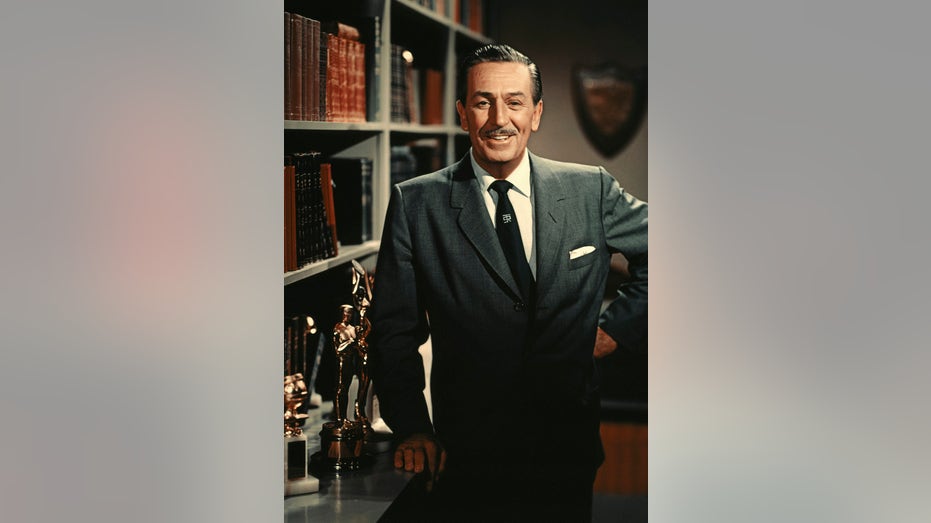
Disney still holds a trademark on Mickey. The law forbids using the character in any way to fool consumers into thinking a product is from the original creator. Mickey is the brand’s identifier and corporate mascot.
In their statement, Disney warned that they “will work to safeguard against consumer confusion caused by unauthorized uses of Mickey and our other iconic characters.”
Disney’s copyright of its original cartoons was first expected to go into the public domain in 1984, the BBC reported. However, Congress extended the term by 20 years. The outlet noted that before the next expiration came up in 2004, another 20-year extension was passed.
Read the full article here


















